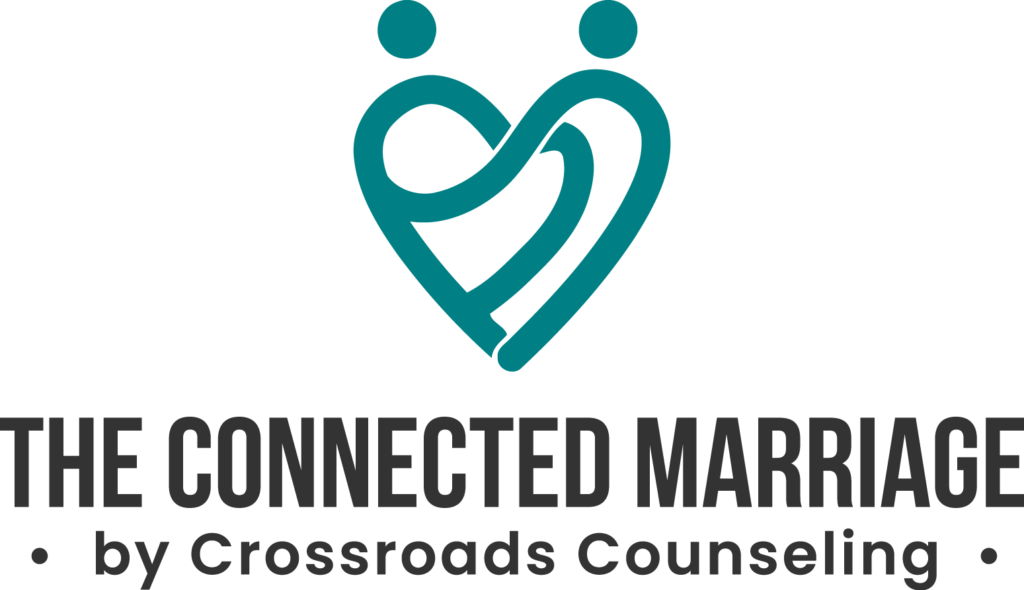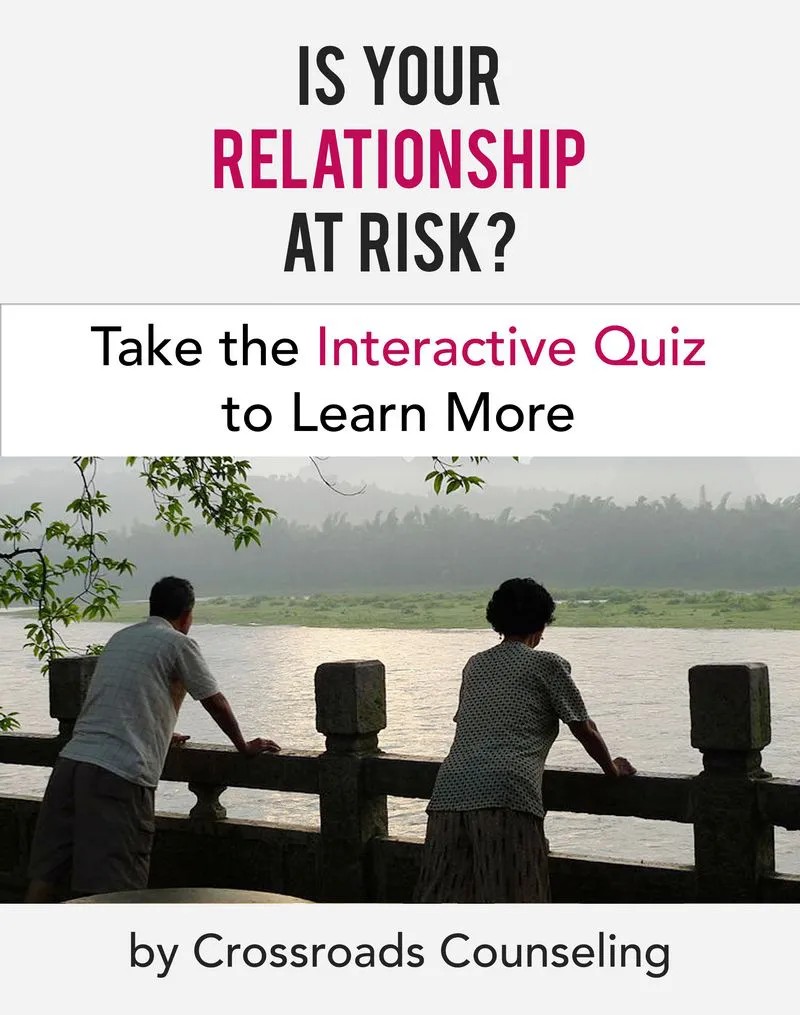How to Heal and Rebuild Trust After Infidelity
How to Heal and Rebuild Trust After Infidelity
Infidelity is one of the worst things a marriage can go through. The act itself is bad enough. But, once everything is out in the open, the real struggle begins.

Many marriages end immediately after infidelity is discovered. But, if you still want to make yours work, there’s a long road ahead of you and your spouse.
The most difficult hurdle you’ll have to overcome while you’re on that journey is rebuilding trust.
It’s no secret that someone cheating in a relationship can absolutely shatter the trust you had for them. You might find it hard to believe anything they say from that point forward. It’s also easy to become a little paranoid—wanting to check their phone, worrying when they’re away from home, and always wondering if there’s a seed of deception in whatever they’re saying.
Obviously, that’s no way to live, and it’s not a picture of a healthy Christian marriage.
Healing and rebuilding trust after infidelity isn’t easy, but it is possible. Let’s cover a few ways you can pick up the pieces of your marriage and start putting them back together.
Don’t Brush It Under the Rug
One of the worst things you can do for yourself and your relationship is to ignore what happened.
It will be painful to talk about it, but it’s also necessary. Discuss the situation with your spouse and be clear with your emotions. You don’t have to hold anything back about how the infidelity made you feel or what it did to your marriage.
It isn’t a time to bring up old wounds or past mistakes either of you made. Stay focused on the topic at hand. But, make sure to be honest about how you feel and why it was so hurtful.
Give your spouse a chance to talk, too. You might not want to hear what they have to say, but it’s important that they have a chance to explain the situation, why it happened, and how they’re feeling, too.
Avoid Acts of Distrust
Again, you might find yourself constantly worrying and wondering what your spouse it up to after you’ve discovered they’ve been unfaithful.
But, being a “helicopter partner” won’t help either of you.
Show your spouse you’re willing to move forward in the relationship by showing trust, even if you don’t necessarily feel it yet. Don’t “hover” over them all the time. Give them some freedom. Don’t check their phone or constantly ask what they’re doing or where they’re going.
If you think you have a reason to start checking in or you’re noticing some of the same signs as before, address the situation. But, until then, give your partner the benefit of the doubt. It will help you both heal faster.
Make a Commitment to Communicate
Often, infidelity happens because one spouse feels their needs aren’t being met. While that shouldn’t be used as an excuse, you can use it as a reminder to communicate more often.
If you want to rebuild your relationship stronger than before, making a commitment to communicate more often should be a key component. Communication is an important tool in any relationship, but it’s even more crucial in a partnership that’s struggling.
Commit to talking to each other about your emotions, your struggles, and your needs. Don’t let the stress and business of the world keep you from direct communication each day.
If you’re having a hard time communicating, or rebuilding trust after infidelity, know that you don’t have to do it alone. Traditional marriage counseling one time per week is helpful but there are times when a more intensive approach is needed. Our Christian marriage intensives and private Christian marriage retreats are designed to help you and your marriage when there is a crisis such as the discovery or disclosure of an affair. If you would like to have a 20 minute consultation please contact us by calling 623-680-3486, texting 623-688-5115, or emailing info@crossroadsfcc.com and mention your interest in a Christian marriage intensive.
Our offices throughout the Valley of the Sun including Phoenix, Anthem, Biltmore, Paradise Valley, and Scottsdale.
Couples from out of Arizona are welcome to attend one of our intensives. Contact us for more information.
To learn more about Crossroads Counseling and our CARE program please click here.


